Cancer Collaboration
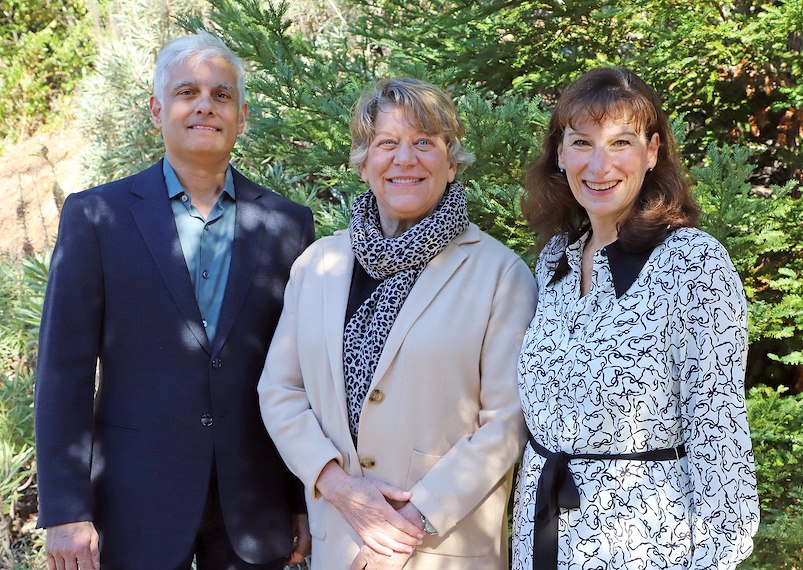
Cancer Collaboration Advisory Board
Sunil Hingorani, MD, Ph.D
Dr. Hingorani is a Professor in the Division of Oncology and Hematology at the University of Nebraska Medical Center (UNMC) and Buffett Cancer Center UNMC and serves as the inaugural Director of the Pancreatic Cancer Center of Excellence (PCCE). The PCCE will unite and colocalize basic science researchers, translational research, and clinicians in a comprehensive effort to develop early detection, chemoprevention, and treatment strategies for this devastating disease. Previously, Dr. Hingorani was Professor and Raisbeck Endowed Chair for Pancreatic Research at Fred Hutchinson Cancer Research Center and University of Washington School of Medicine. He received a BS in Molecular Biophysics and Biochemistry from Yale College and a PhD in Cellular and Molecular Physiology and an MD from Yale University. He completed a fellowship in Hematology and Oncology at Dana-Farber Cancer Institute in Boston and postdoctoral research at MIT.
Lynn Matrisian, Ph.D, MBA
As Chief Science Officer at Pancreatic Action Network, Dr. Lynn Matrisian brings extensive experience and passion for cancer research, combined with business training, to provide strategic direction for the scientific aspects of the initiatives and activities within the Scientific & Medical Affairs team toward the goal of improving outcomes for those facing pancreatic cancer. She received a PhD in molecular biology from the University of Arizona and an MBA from the Owen Graduate School of Management at Vanderbilt University.
Theresa LaValle, Ph.D
Dr. LaVallee is currently the Chief Development Officer at Coherus BioScienses. She brings more than 25 years of drug discovery and development experience. Most recently, Dr. LaVallee was Vice President, Translational Medicine and Regulatory Affairs at the Parker Institute for Cancer Immunotherapy where she provided scientific leadership for clinical strategy for development of novel immuno-oncology therapies and helped establish the institute's clinical, translational and regulatory organization. She earned her Ph.D. from the University of California, Los Angeles and her bachelor's degree from the University of California, Santa Barbara.

Cancer Collaboration Advisory Board

Canopy Cancer Collective

Canopy Cancer Collective

ClinWiki

ClinWiki
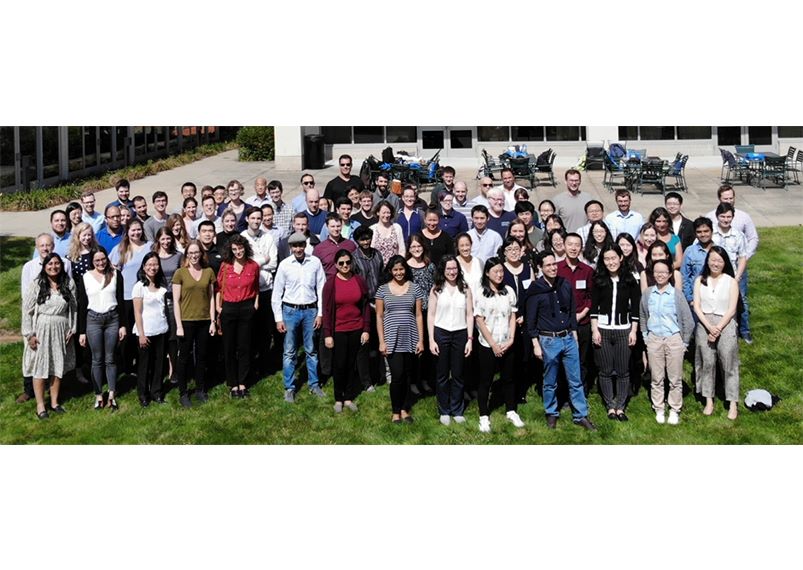
Damon Runyon Cancer Research Foundation

Damon Runyon Cancer Research Foundation
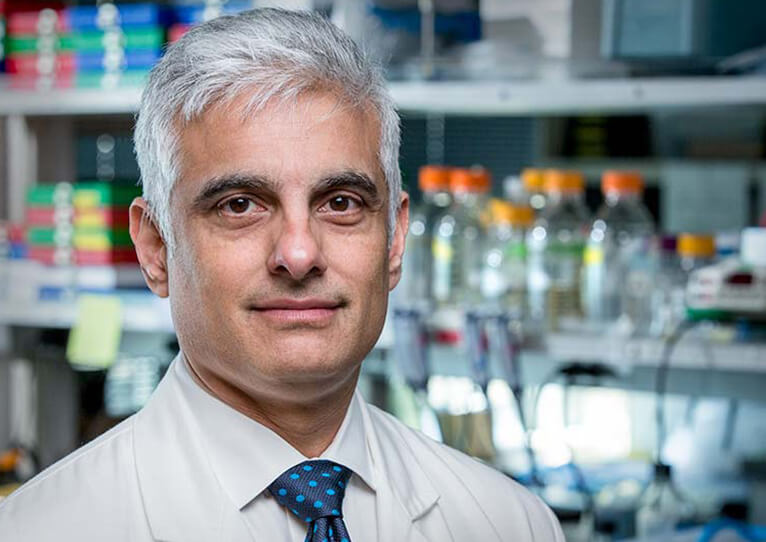
Fred Hutch and Hingorani Lab

Fred Hutch and Hingorani Lab
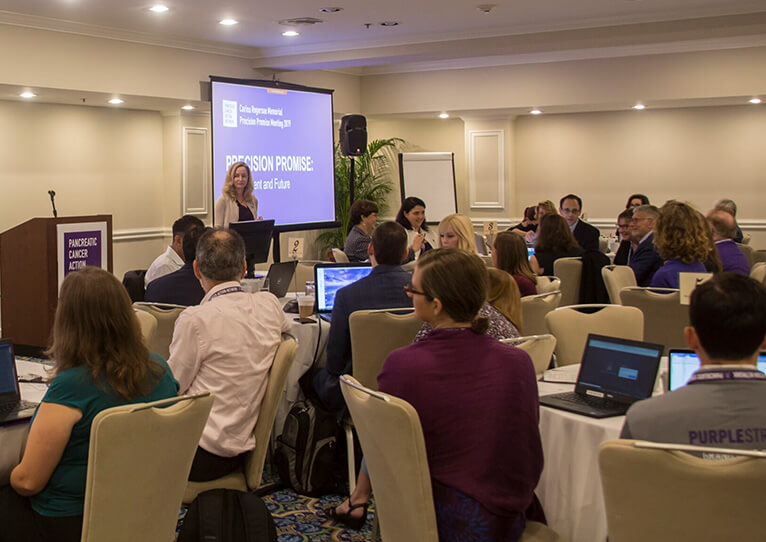
Pancreatic Cancer Action Network

Pancreatic Cancer Action Network
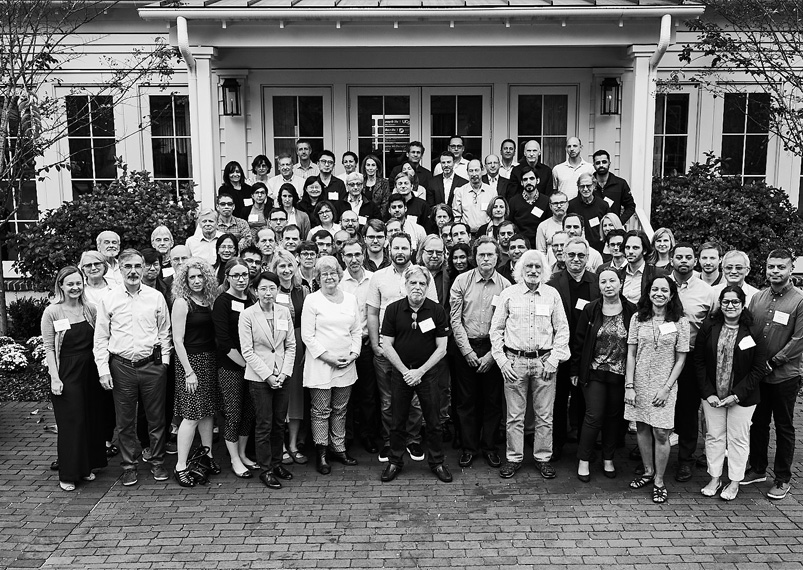
Parker Institute for Cancer Immunotherapy (PICI)


